Best Blue Light Blocking Glasses
Your trusted guide to protecting your eyes in the digital age
Protect Your Eyes & Sleep Better
The complete guide to understanding and choosing the best blue light blocking glasses for your needs.
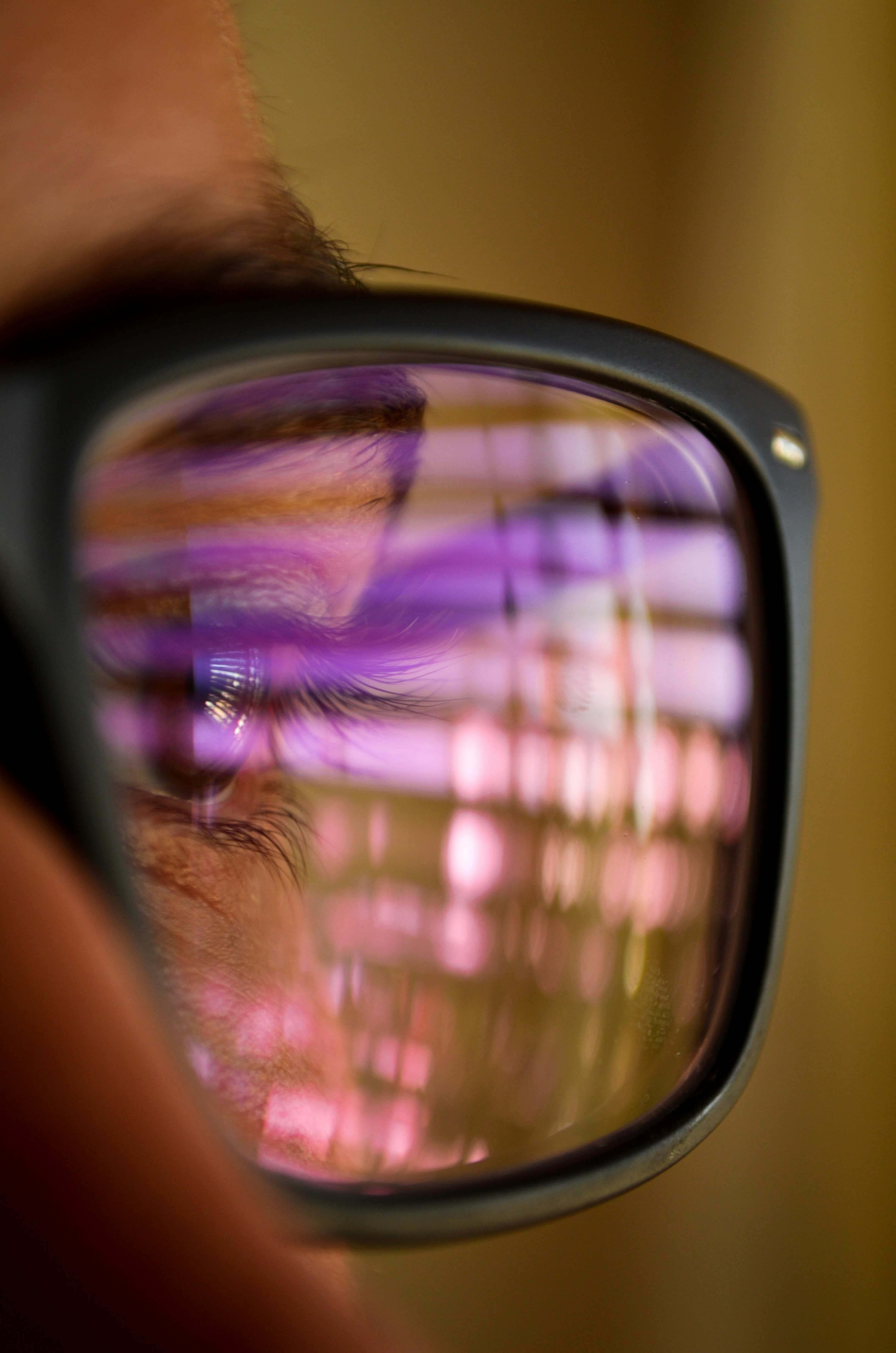
Introduction to Blue Light Glasses
In today's digital age, screen time has become an integral part of our lives, from work to entertainment. With this increased exposure to digital screens, concerns about the effects of blue light have grown. Blue light, a high-energy, short-wavelength light, is emitted by the sun, digital screens, and LED lights, and it plays a crucial role in regulating our circadian rhythms during the day.
Blue light glasses, also known as blue light blocking glasses or computer glasses, are designed to filter out this blue light, aiming to reduce its impact on our eyes and sleep patterns. As consumers become more aware of these potential issues, the demand for blue light glasses has surged, making it essential to understand their effectiveness and how to choose the best ones for your needs.
This comprehensive guide explores the science behind blue light glasses, their benefits, and how to select the right pair, ensuring you make an informed decision for your eye health and well-being.
What is Blue Light?
Blue light is a segment of the visible light spectrum with wavelengths between approximately 400 and 500 nanometers. It is present in natural sunlight and is also emitted by digital screens, such as those on computers, smartphones, and televisions.
Blue light is beneficial during the day as it helps regulate our circadian rhythms, keeping us alert and focused. However, exposure to blue light at night can suppress the production of melatonin, a hormone that helps us sleep, leading to potential sleep disturbances.
Additionally, there is ongoing debate about the impact of blue light on eye health. Some studies suggest that prolonged exposure to blue light from digital screens may contribute to digital eye strain, characterized by symptoms like dry eyes, blurred vision, and headaches.
Blue Light Spectrum
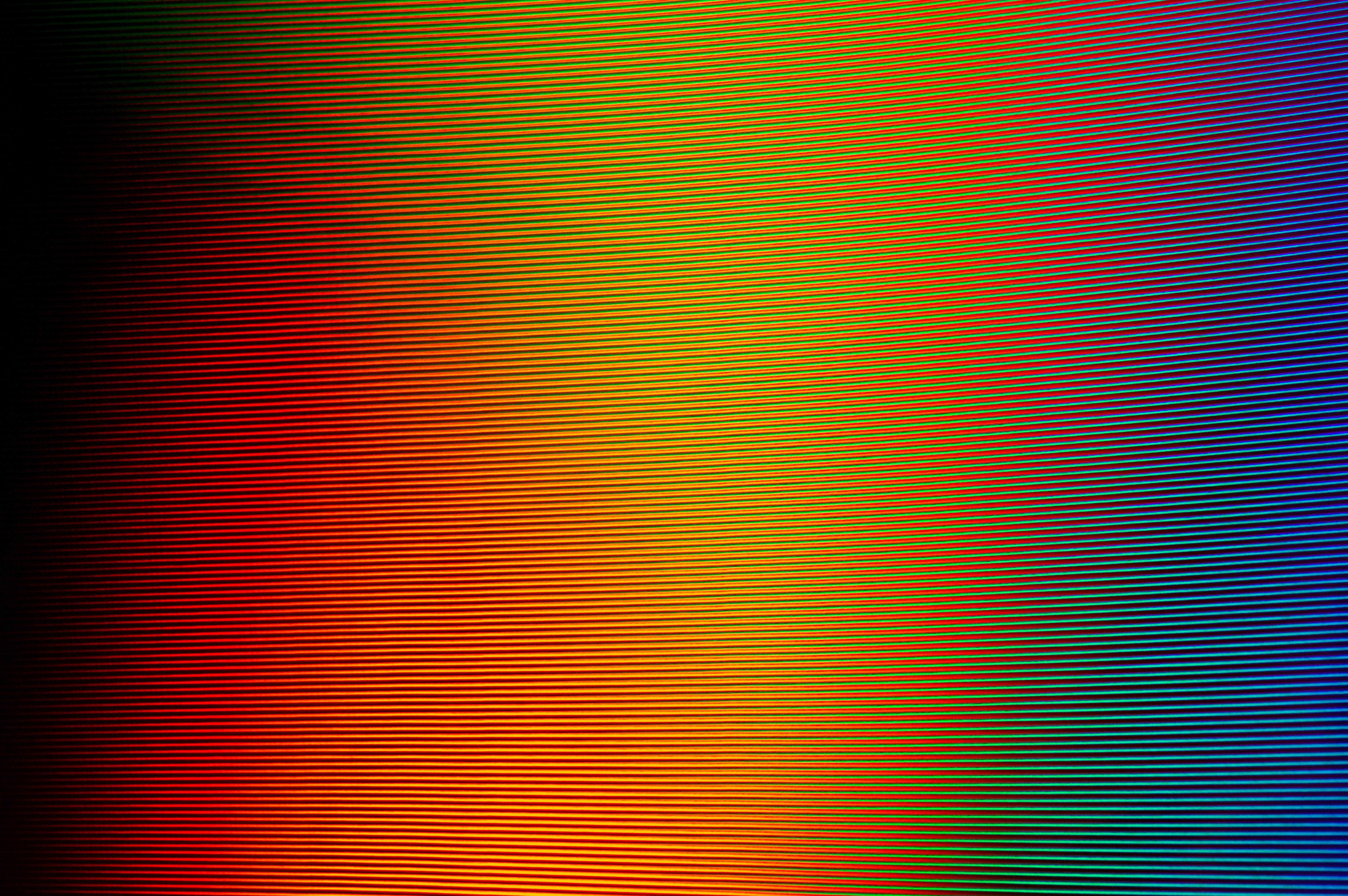
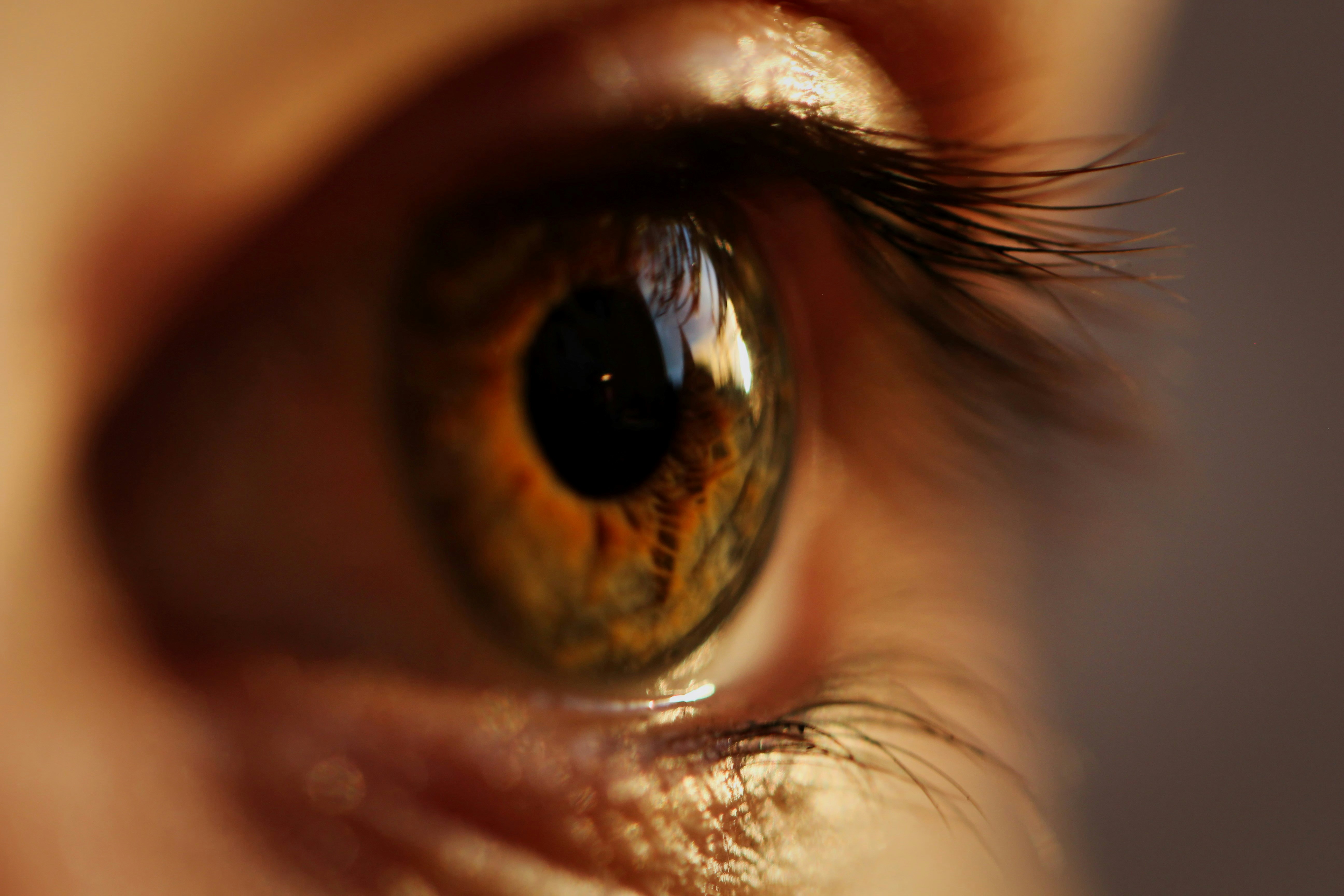
- Wavelength: 400-500 nanometers
- High energy, short wavelength light
- Emitted by sun, screens, and LED lights
How Blue Light Glasses Work
Filtering Technology
Blue light glasses are designed with lenses that have special coatings or materials that filter out a portion of the blue light spectrum. The lenses typically block blue light in the range of 400 to 500 nanometers, which is the part of the spectrum most associated with potential harm.
Types of Lenses
There are two main types of blue light glasses:
- Clear Lenses: Suitable for all-day wear and offer a natural-looking appearance while still filtering blue light.
- Tinted Lenses: Often yellow or amber in color, these lenses are more effective at blocking blue light and are typically recommended for evening use.
Benefits of Blue Light Glasses
Discover how blue light blocking glasses can improve your digital experience and overall well-being
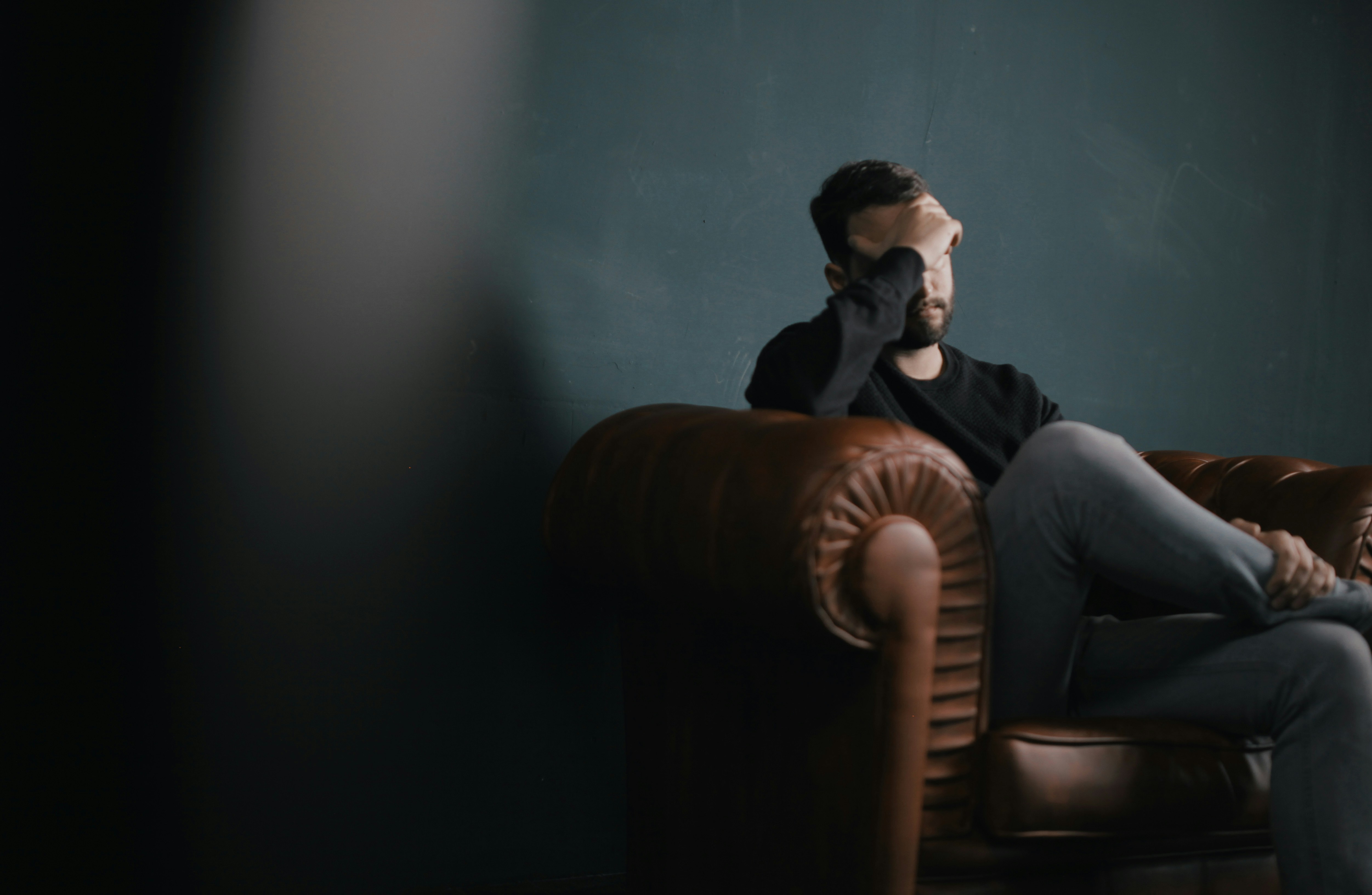
Improved Sleep Quality
By reducing blue light exposure in the evening, these glasses can help maintain natural melatonin production, leading to better sleep onset and quality.
Reduced Eye Strain
Filtering blue light can help alleviate digital eye strain symptoms like dry eyes, blurred vision, and headaches during prolonged screen use.
Potential Eye Protection
Some research suggests that reducing blue light exposure may help protect against potential long-term retinal damage, though more studies are needed.
Scientific Evidence Supporting Blue Light Glasses
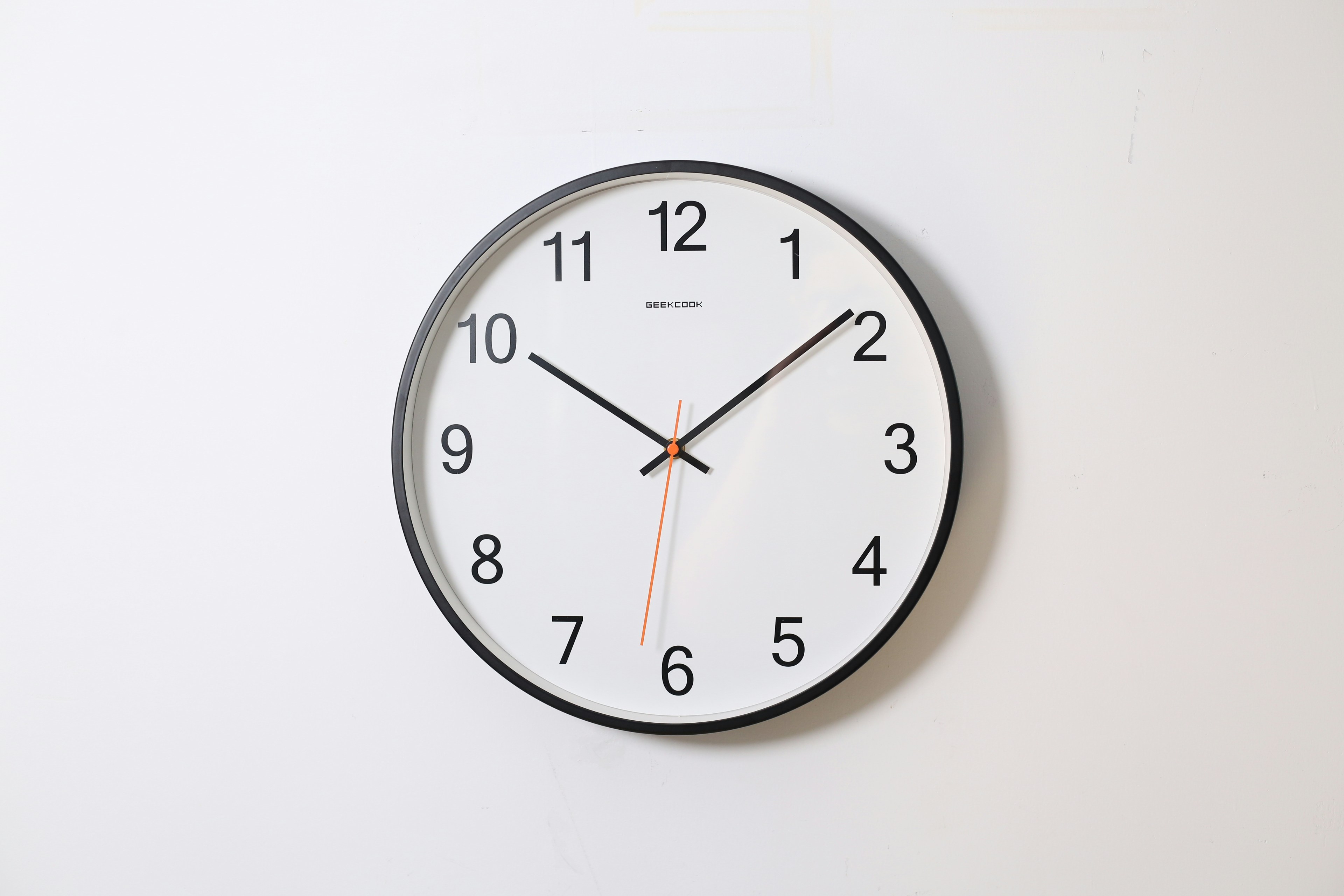
Research Highlights
Journal of Psychiatric Research
A study found that wearing blue light blocking glasses in the evening improved sleep quality in patients with insomnia by reducing melatonin suppression.
Radiology Residents Study
Research involving radiology residents found that wearing blue light blocking glasses reduced reported symptoms of occupational fatigue compared to wearing sham glasses.
Ophthalmic and Physiological Optics
A study found that blue light filtering lenses reduced visual fatigue in participants performing prolonged near work.
2020 Review on Retinal Protection
A review suggested that filtering blue light may protect against retinal damage, with potential benefits for preventing age-related macular degeneration.
While many studies show benefits, it's important to note that not all research is conclusive. A Cochrane review in 2023 found no short-term advantages in reducing eye strain compared to non-blue-light filtering lenses. However, many consumers report personal benefits, suggesting that blue light glasses can be effective for some individuals.
Who Can Benefit from Blue Light Glasses?

Evening Screen Users
Those who use digital devices late at night may find that blue light glasses help improve their sleep quality by reducing melatonin suppression, making them ideal for those with busy evening schedules.
Insomnia Sufferers
Individuals with sleep disorders may benefit from wearing blue light glasses in the evening to minimize blue light exposure and promote better sleep, offering a non-invasive solution for sleep improvement.
Extended Screen Time Users
People who spend long hours in front of screens, such as computer programmers, graphic designers, or students, may find relief from eye strain by using blue light glasses.
Those Prone to Eye Strain
If you frequently experience symptoms of digital eye strain, such as dry eyes, blurred vision, or headaches, blue light glasses might help alleviate these symptoms.
Choosing the Right Blue Light Glasses
Find the perfect pair that meets your needs with these essential considerations
Lens Type
- Clear Lenses: Suitable for all-day wear, ideal for professional settings
- Tinted Lenses: Better for evening use with stronger filtering
Blue Light Blocking Range
Ensure the lenses block blue light in the 400-500 nm range, as this is the spectrum most associated with potential harm.
Look for specifications that mention:
- • Percentage of blue light blocked
- • Specific wavelength range filtered
- • Lab test certifications
Quality and Testing
- Look for reputable brands with third-party testing
- Check for certifications verifying blue light filtering effectiveness
- Read user reviews for real-world performance
Prescription Options
If you wear prescription glasses, look for blue light filter lenses that can be customized with your prescription, ensuring both vision correction and blue light protection.
Comfort and Fit
Choose frames that are comfortable for extended wear, especially if you plan to use them for long periods. Consider:
- • Lightweight materials
- • Adjustable nose pads
- • Proper width for your face
- • Spring hinges for flexibility
Style
Select a style that you like and that fits your personal preferences, as you are more likely to wear glasses that you find appealing, increasing compliance and effectiveness.
Alternatives and Complementary Practices
While blue light glasses are a convenient and effective way to reduce blue light exposure, there are other strategies you can employ to complement their use:
Reduce Screen Time
Limiting the amount of time spent on digital devices, especially in the evening, can help minimize blue light exposure.
Device Settings
Many devices offer blue light filtering or night mode settings that can reduce blue light emission.
Eye Hygiene Practices
Follow the 20-20-20 rule: take a 20-second break every 20 minutes to look at something 20 feet away.
Blue Light Glasses Advantage
Blue light glasses offer a passive, user-friendly solution that doesn't require constant effort, making them an attractive option for many users.
Common Misconceptions about Blue Light Glasses
Myth: Only Needed for Vision Problems
Blue light glasses can benefit anyone who uses digital screens regularly, regardless of whether they have vision problems.
Myth: Complete Elimination of Eye Strain
While they can significantly reduce symptoms for many users, they may not completely eliminate eye strain for everyone.
Myth: All Blue Light is Harmful
Blue light is natural and beneficial during daytime hours. Blue light glasses filter out the potentially harmful spectrum while allowing beneficial light to pass through.
Myth: All Blue Light Glasses are the Same
There are significant differences in quality, filtering effectiveness, and comfort between different brands and models.
Real User Testimonials
James D.
Software Developer
"After using blue light glasses for my evening coding sessions, I've noticed a significant improvement in how quickly I fall asleep. I used to toss and turn for hours, but now I drift off much faster."
Sarah M.
Marketing Manager
"I was skeptical at first, but after a month of wearing blue light glasses during work, the headaches I used to get by mid-afternoon have significantly decreased. My eyes feel less tired at the end of the day."
Robert T.
Graduate Student
"As a student who spends hours reading on screens, my eyes would often feel dry and strained. Since using blue light glasses, I've noticed less eye fatigue during long study sessions and better focus overall."
Summary of Key Studies on Blue Light Glasses
| Study Focus | Findings |
|---|---|
| Sleep Quality Improvement | Improved sleep in insomnia patients by reducing melatonin suppression. |
| Eye Strain Reduction | Reduced fatigue in radiology residents, suggesting benefits for screen users. |
| Long-term Eye Health | Potential protection against retinal damage, though more research needed. |
| Mixed Evidence | Some studies show no significant benefits, indicating ongoing debate. |
Frequently Asked Questions
Do blue light glasses really work?
Research shows mixed results, but many studies indicate benefits for sleep quality and eye strain reduction. Individual experiences vary, with many users reporting positive outcomes for specific issues like evening screen use and eye fatigue.
How can I tell if blue light glasses are working?
You may notice reduced eye strain, less fatigue after screen use, and improved sleep when using screens before bed. Some people report fewer headaches and less dry eye sensation.
Should I wear blue light glasses all day?
Clear blue light glasses can be worn all day without issue. However, amber-tinted glasses are best reserved for evening use as they can affect color perception and may not be necessary during daylight hours when blue light exposure is natural.
How do I know if my glasses actually block blue light?
Look for glasses with third-party testing certifications. Some manufacturers provide spectral transmission data showing the percentage of blue light blocked. You can also perform a simple test: blue objects should appear slightly darker when viewed through effective blue light filtering lenses.
Conclusion
Blue light glasses are a popular and increasingly sought-after solution for reducing eye strain and improving sleep quality in our digital-centric world. While the scientific evidence is not entirely conclusive, many studies and user reports suggest that they can be beneficial, particularly for those who use screens extensively, especially in the evening.
If you are experiencing eye strain or sleep issues related to screen time, blue light glasses are worth considering. By choosing high-quality lenses from reputable brands and understanding their proper use, you can maximize their potential benefits.
Remember, everyone's experience is unique, and what works for one person may not work for another. If you decide to try blue light glasses, give them a fair trial and see if they make a difference in your life.